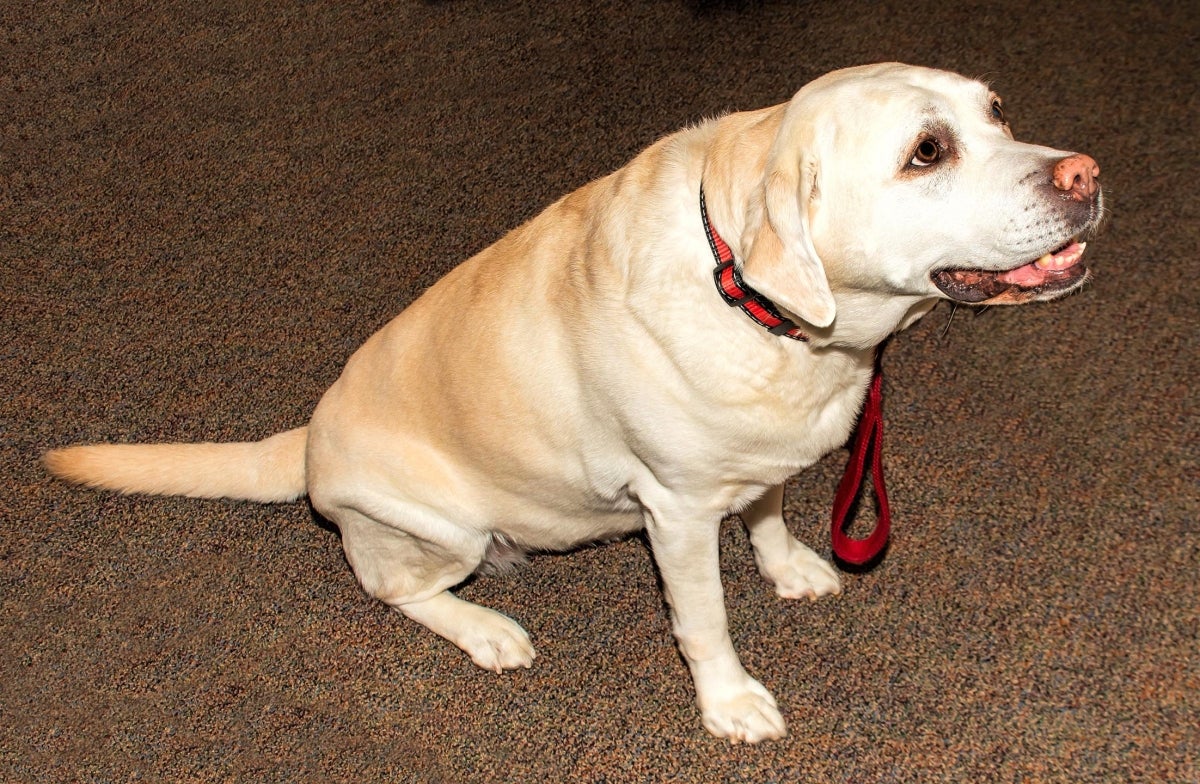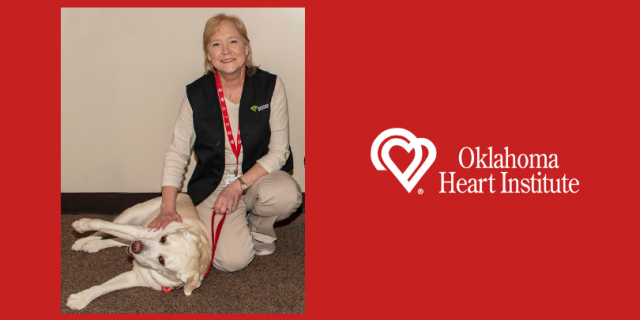Karen Langston started working for Hillcrest HealthCare System in the 1970s.
“I worked as a unit secretary for a few years, left for a while then came back in 1977 and started the radiologist technologist program that was offered at the time,” said Langston.
Upon graduating from the program in 1980, Langston began working in the Catheterization lab at Hillcrest Medical Center. When Oklahoma Heart Institute opened in 2009 with a new cath lab, she moved over there where she worked until her retirement in December 2018.
“There were only five employees working in the cath lab when I started,” said Langston. “When I retired, we had close to 80 employees. I really saw firsthand the evolvement of what went on in the cath lab. When I first started, almost everyone person we did a heart cath on ended up having surgery. Now it’s the complete opposite and most issues are resolved right in the lab.”
During her training in the radiologist technologist program, Langston met her husband Phil.
“Phil was a year ahead of me in school,” said Langston. “After graduating, we worked together for about three years before he moved on to another facility. While working in the cath lab, he invented several products including the Langston Pigtail Catheter, which is patented and used presently in the evaluation of patients for Transcatheter Aortic Valve Replacements (TAVR).”
 A few years ago, Langston began volunteering as a certified therapy dog team with her Labrador Retriever, Jazy, at several facilities in the area. Following her retirement, they started volunteering at Oklahoma Heart Institute and Hillcrest Medical Center.
A few years ago, Langston began volunteering as a certified therapy dog team with her Labrador Retriever, Jazy, at several facilities in the area. Following her retirement, they started volunteering at Oklahoma Heart Institute and Hillcrest Medical Center.
“We work with a lot of children’s organizations, hospitals, administrative offices, nursing homes, assisted living facilities and schools,” said Langston.
Langston, who is certified by the Alliance of Therapy Dogs, does an average of two volunteer visits per week with Jazy.
“Jazy was born to be a therapy dog,” said Langston. “She is such a lovable, calm, gentle dog and everyone loves her. We get a great response at all of the places we visit. We love visiting the hospitals for the patients, their families and the employees.”
Langston also works with an organization called Therapetics Service Dogs of Oklahoma.
“Therapetics is a non-profit organization that trains dogs to become service dogs,” said Langston. “The dogs that go through training are eventually placed with someone who has a disability, someone who needs the dog to perform tasks for them or veterans with post traumatic stress disorder.”
Langston loves seeing others enjoy spending time with her dog.
“I love watching Jazy work with others in need,” said Langston. “It’s wonderful to see the expressions on people’s faces, especially those living with a terminal illness. Not only do pets bring them joy, they take their minds off of why they are there in the first place. That little escape means so much to them.”

